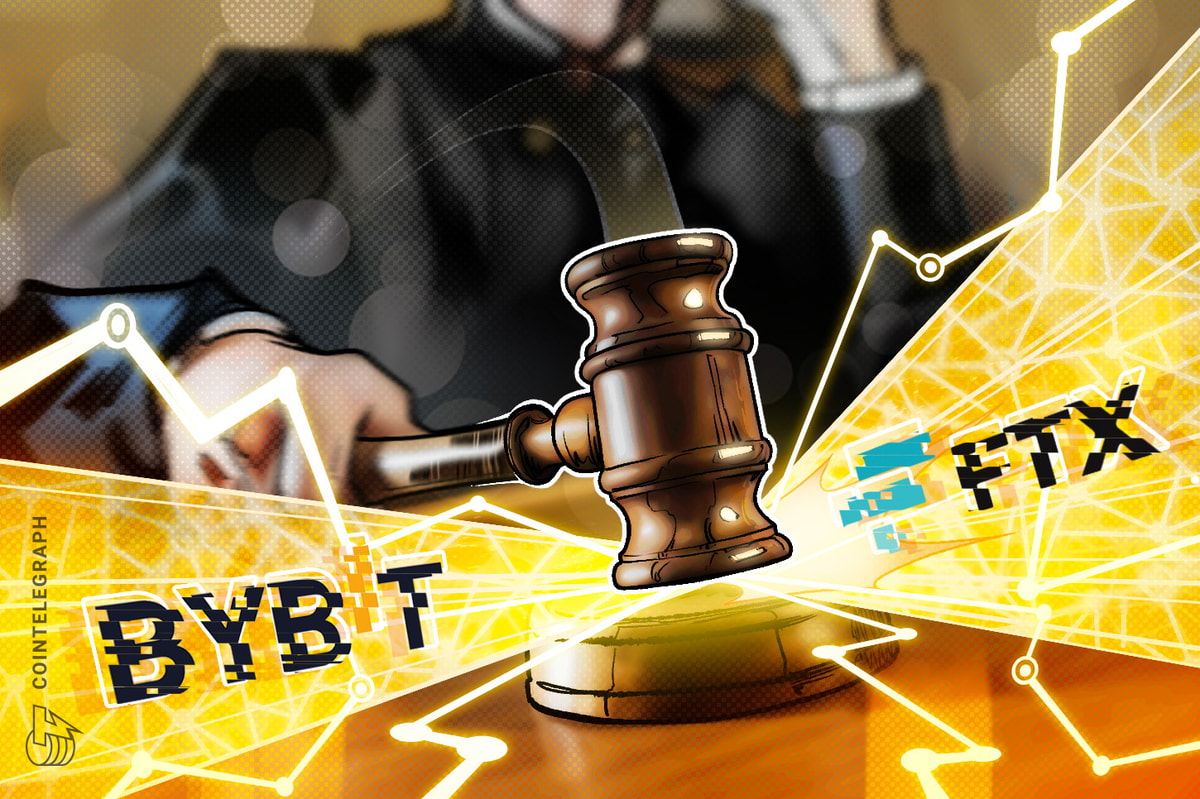
The FTX bankruptcy estate agreed to a $228 million settlement with the Bybit exchange in an Oct. 24 legal filing, for a lawsuit first filed in 2023 by the FTX estate, seeking to recover funds to repay former customers and creditors.
According to the legal filing, the settlement agreement will allow FTX to withdraw $175 million in digital assets held on Bybit and sell approximately $53 million in BIT tokens to Mirana Corp — an investment division of the Bybit exchange. Attorneys for FTX noted that while their claims have merit, further litigation would prove cumbersome:
“Plaintiffs’ claims for turnover, violations of the automatic stay, and fraudulent and preferential transfers are disputed, carry some degree of risk, and in any event would be time-consuming and expensive to further litigate.”
The settlement deal must still be approved by a court, and a hearing to ratify the agreement between the two parties is scheduled for November 20, 2024, at 2 PM Eastern time.
FTX and Bybit settlement motion. Source: Bloomberg Law
Related: Nishad Singh asks for time served, claiming ‘limited’ role in FTX crimes
The FTX bankruptcy estate sues Bybit
FTX originally filed the $1 billion lawsuit against Bybit and Mirana in November 2023, alleging that the entities used “VIP” access and a close relationship with FTX executives to preemptively withdraw approximately $327 million in digital assets and cash immediately before the final collapse of FTX.
Attorneys for the FTX bankruptcy estate claimed that Mirana and others were given priority withdrawal privileges from the FTX team during the initial phases of the collapse, which were tracked in a database.
FTX bankruptcy estate finally out of the woods?
The lawsuit against Bybit is one of many legal disputes the FTX estate and legal counsel for the former exchange were forced to navigate during the years-long bankruptcy proceedings.
Following the approval of the FTX reorganization plan on Oct. 7, 2024, by Judge John Dorsey, FTX investors voluntarily dropped their lawsuit against Sullivan & Cromwell, the legal firm that represented FTX in multiple deals when the company was still operational.
A group of FTX creditors alleged that the law firm was aware and complicit in the FTX fraud while reaping financial benefits from continuing to serve as legal counsel for the company.
Magazine: Deposit risk: What do crypto exchanges really do with your money?
Key takeaways: DOGE formed a double bottom after breaking a long-term downtrend, hinting at a rally to new year-to-date highs. DOGE’s futures open interest, spot volumes, and holders’ profit show… Trump Media and Technology Group (TMTG), majority-owned by US President Donald Trump’s family, has filed for two artificial intelligence (AI) trademarks tied to a planned feature on the Truth Social…DOGE Eyes 300% Rally After Bullish Breakout
Trump Media Files AI Trademarks to Expand Truth Social









